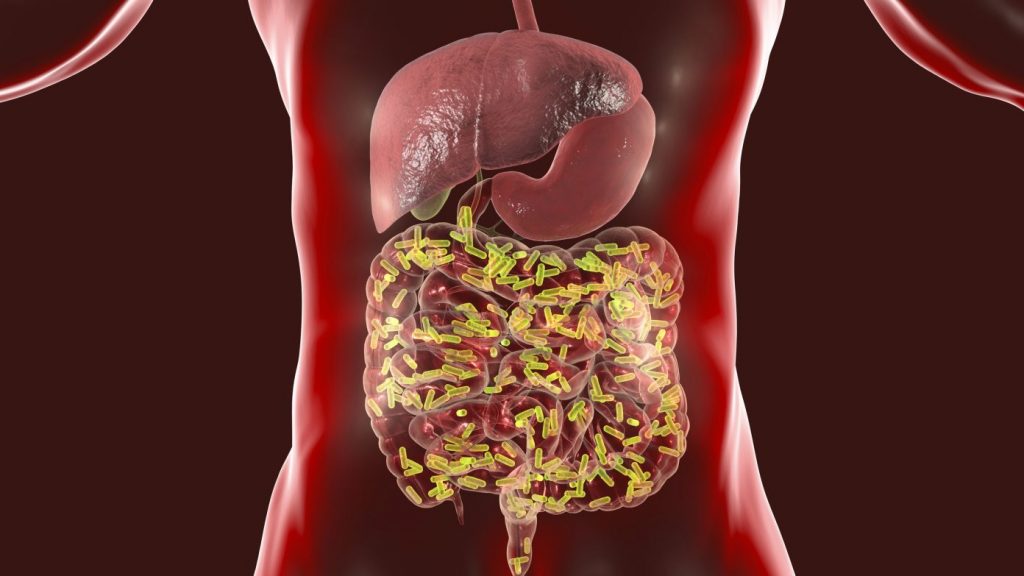
Gut bacteria play a role in long-term weight gain
16th March 2017
The Department of Twin Research has just published exciting results in the International Journal of Obesity based on the study of over 1600 twins that provides even more proof about the link between our weight and the bacteria that live inside us (microbes). The researchers analysed the different types of bacteria in faecal samples donated by TwinsUK volunteers and dietary information and compared this information against weight change over nine years. They discovered that women who ate high amounts of dietary fibre (found in fruit, vegetables and whole grains) were less likely to gain weight than those who ate little fibre, even if they consumed roughly the same amount of calories. Women who lost weight or had stable weight also had more diverse microbes in their guts. The researchers were able to pinpoint some of the microbes that are different between women who had gained weight and those who had lost weight. Most of these microbes had already been discovered in mice to be involved in better energy metabolism. “The data we published show that the exciting studies in mice about how microbes affect weight gain are also relevant to weight gain in humans.” says Dr Ana Valdes.
“Our study highlights a significant role of microbial diversity on weight gain independently of other factors” says Dr Cristina Menni, first author of the study “they also suggests that addressing microbiome diversity through dietary interventions may be the way forward to improve weight maintenance in the long run. These data are important because they will allow our team, and other scientists as well, to investigate how to influence a person’s gut microbes – using probiotics and fibre – so they are at a lower risk of developing obesity.”
To read an article in The Conversation about this research, please click here.
